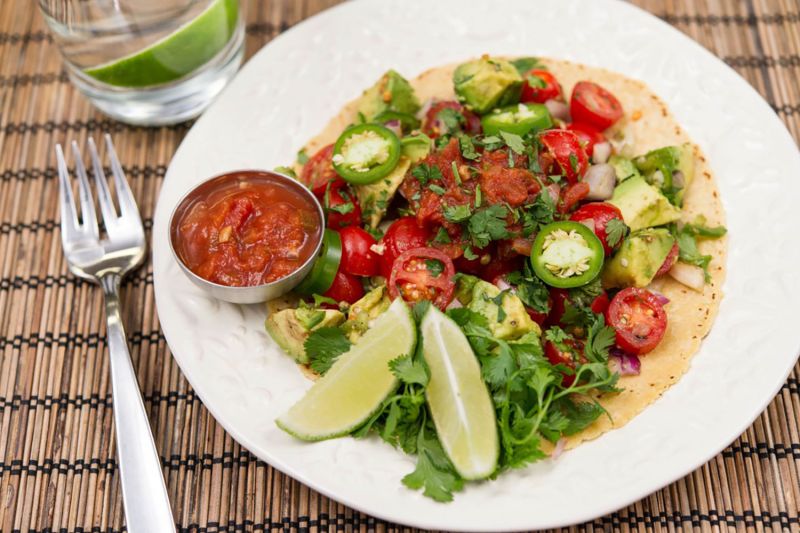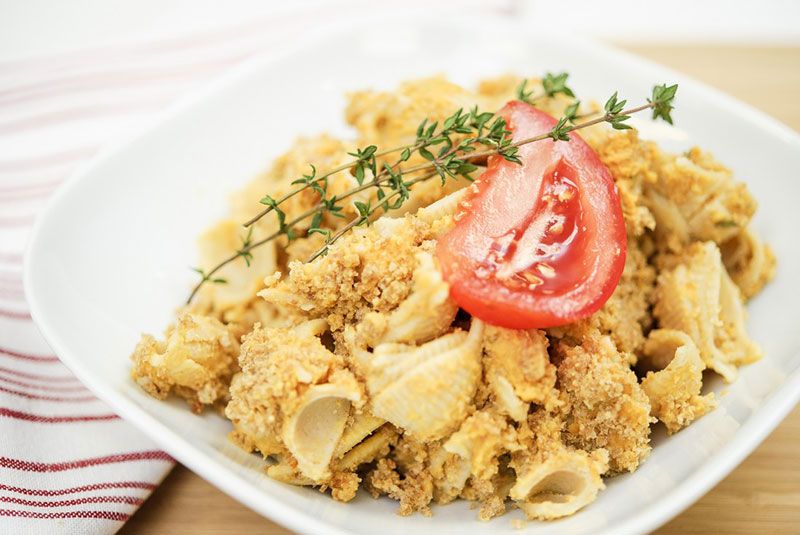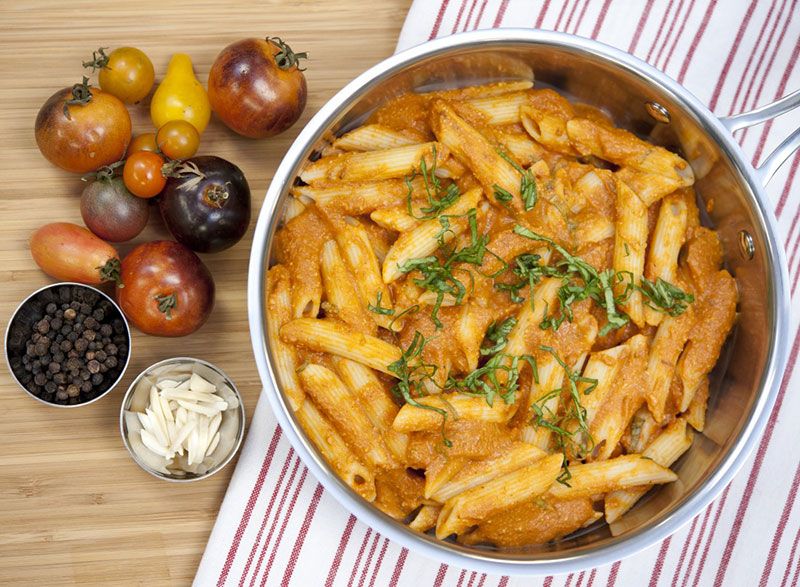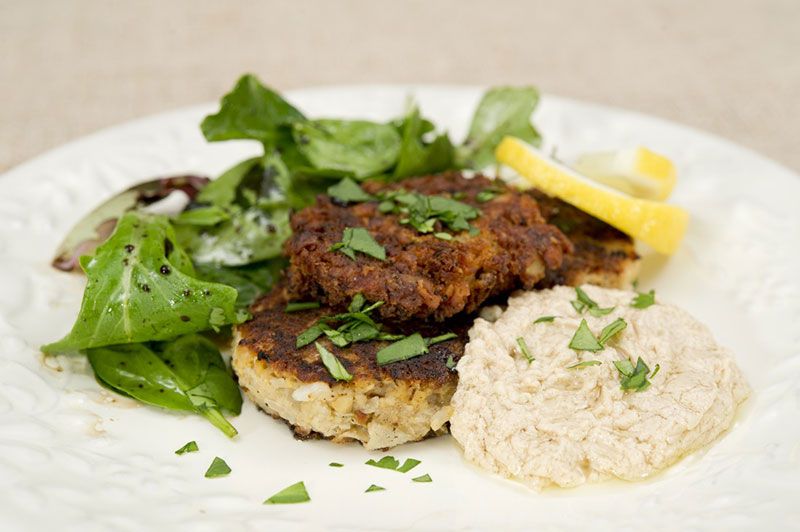Food for thought
How sheltering professionals can help foster a humane society for all animals
April 30, 2018

It’s hard to overstate the importance of food. It keeps us alive, obviously, but it’s also at the center of so many of our favorite traditions, from Sunday brunch, to the heaving Thanksgiving table, to Taco Tuesday. So it’s no surprise that people bristle when others suggest eating less or none of their favorite familiar foods. No one likes change, especially when it’s a change from how we’ve been eating our whole lives!
As a 35-year veteran of the food industry, I get it! But I would argue that whether we’re running an animal shelter, protecting wildlife or working to create more humane conditions for farm animals, we have a shared commitment to make the world better for all animals. That’s why at this year’s Animal Care Expo, I’ll be presenting with Stephanie Shain, chief operating officer at the Humane Rescue Alliance in Washington, D.C., about how reducing meat consumption and serving more animal-friendly fare at our events furthers the mission of helping animals, regardless of whether you’re a shelter or an advocacy organization.

Hear me out: We’ve moved far beyond the years of a bean burger being the only alternative to a hamburger. Whether it’s a faux meat burger, pesto soup with gnocchi, porcini-crusted tofu with shallot gravy, creamy avocado carbonara, spicy kale pasta or even a simple falafel sandwich (my mouth is watering), putting plant-based options on the menu has never been easier or yummier. It makes sense that if you’re an organization that protects animals, you take into account the treatment of animals raised for the food you serve at events, especially when it’s so easy.

Not convinced? Don’t close that tab! I didn’t always feel this way. Back in the early 1980s, I read a book by Francis Moore Lappe, “Diet for a Small Planet.” I learned that by choosing to eat more plant-based proteins and less animal protein, we can prevent global warming, water pollution and deforestation. Then, just over three years ago, I joined The Humane Society of the United States’ Farm Animal Protection team. I have to admit, I wasn’t sure why the HSUS needed a food professional. When I asked, my future team talked about the fact that animals raised for food—cows (beef), pigs (pork) and chickens (poultry)—were animals, too. They have feelings, and they can feel love and fear, just like the cats and dogs we love so much. Unfortunately, millions of farm animals suffer on factory farms every day. We can take a stand against factory farming by reducing the amount of meat and other animal proteins we eat, replacing them with plant-based proteins, and avoiding products from factory farms if we do consume animal products. By following this approach, we can help foster a society that values animals’ lives.

Before joining the Humane Society of the United States’ Farm Animal Protection team, I had really never given much thought to the animal-food connection beyond the environmental impacts of factory farming. But according to the Food and Agriculture Organization of the United Nations (FAO) publication, Tackling Climate Change Through Livestock, cows produce over 14.5 percent of all human-induced greenhouse gas emissions. That’s more than the emissions produced by transportation (planes, trains, cars, etc.!) These emissions are destroying our planet, but there’s hope. The Environmental Defense Fund argues that if every person in the United States skipped just one meal of chicken per week and made that meal plant-based instead, the carbon emission (GHG gas) savings would be the same as taking more than half a million cars off of U.S. roads. Why not have that meal be at your next fundraiser?
Our food choices not only impact our health and the planet, but help to foster a society that values the wellbeing of all animals. I don’t know about you, but as an animal advocate, I think that’s incredible.

